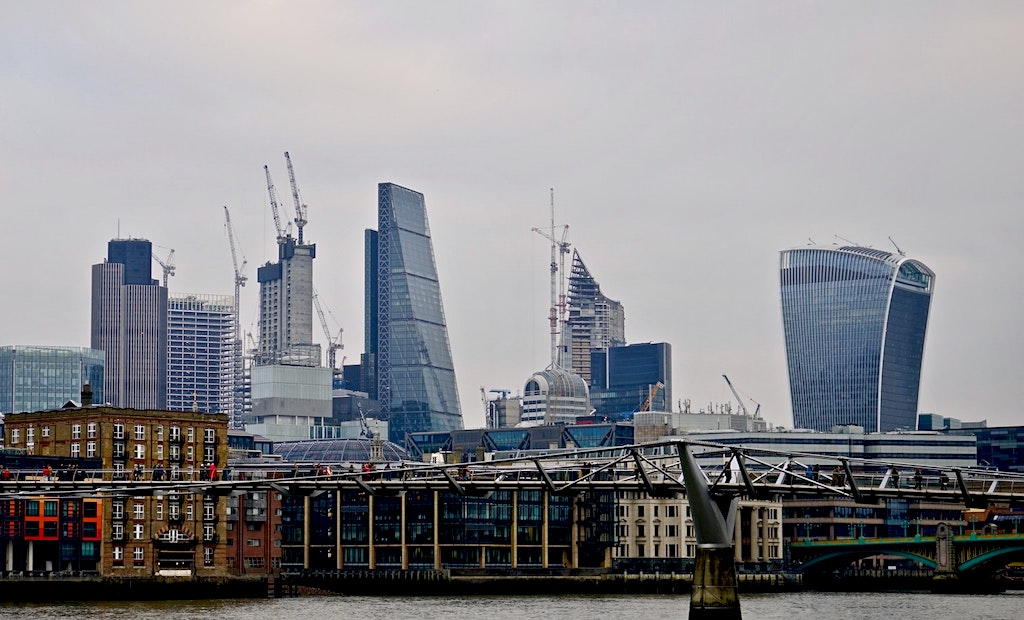Inflation continues fall, despite the rise in petrol prices

The Consumer Price Index (CPI) rate of inflation fell from 3.6% in January to 3.4% last month, the Office for National Statistics (ONS) has said, following the fall in electricity and gas prices.
Inflation has been falling since September last year and the trend is set to continue as the government hopes to meet its 2% target.
However, economists have warned the band of England’s forecast for below-target inflation by the end of the year is overly optimistic, after it was revealed that the rise in food and alcohol prices limited February’s drop, while the prices for petrol and diesel are also expected to affect inflation in coming months.
“The marked increases in world oil and food prices since the beginning of the year are worrying and support our view that further declines in domestic inflation, both this year and next, will not be as sharp as the Bank’s Monetary Policy Committee predicted in its inflation report”, said David Kern, chief economist at the British Chambers of Commerce.
The average price for petrol rose in February by 1.9p a litre to 135.1p, while diesel rose to a record high of 143p a litre; but the ONS revealed that this has had a negligible effect on the overall rate of inflation.
Electricity and gas bills saw the biggest decrease in their CPI rates, which fell 1.3% and 0.9% respectively.
Following E.ON’s announcement of a 6% fall in electricity bills, Scottish Power reduced gas tariffs by an average 5% for around 1.4 million domestic gas customers last month.
The ONS also revealed the drop in air fares, which fell by 1.6%, compared to a 2.1% rise last year.
Rajeeb Gurung






















Facebook
Twitter
Instagram
YouTube
RSS